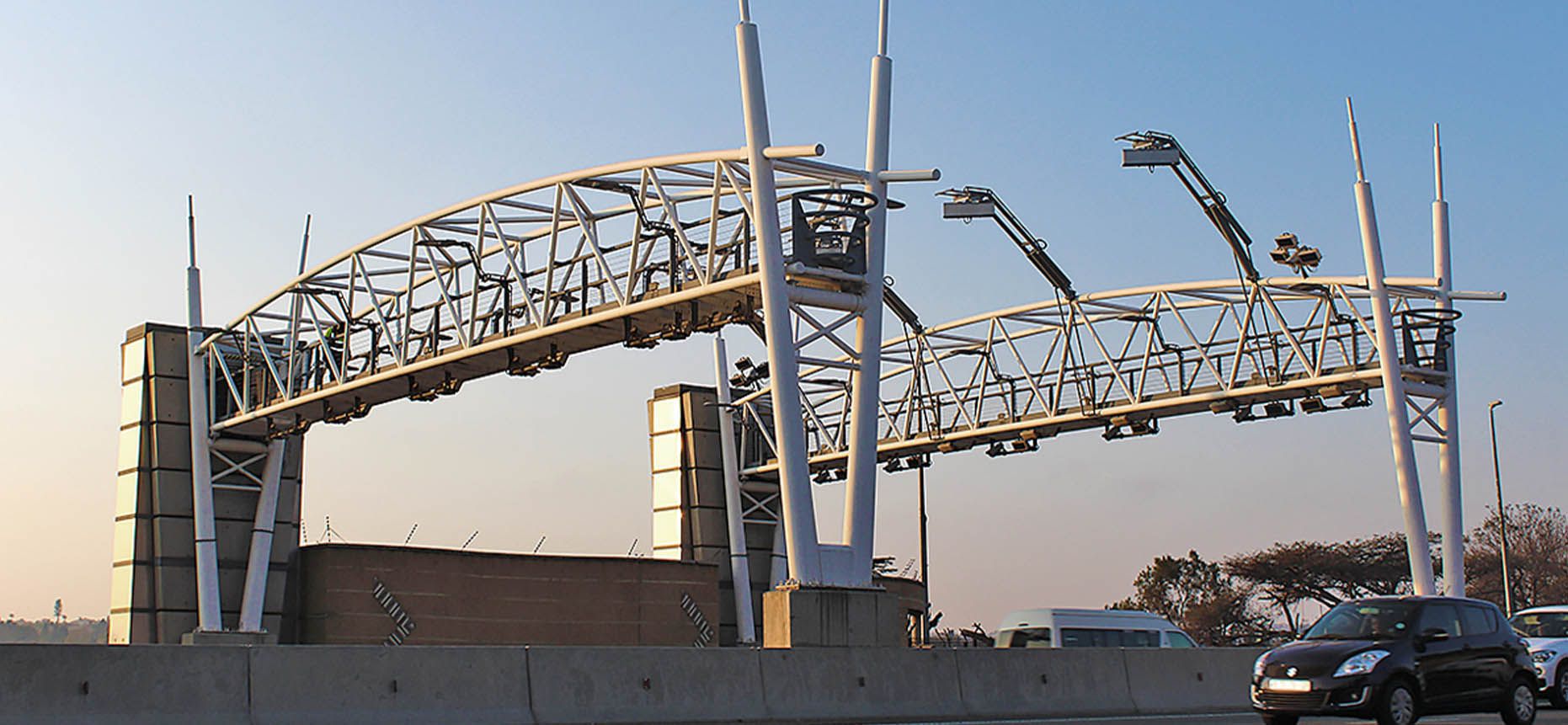.
E-TOLLS: TEN YEARS OF DEFIANCE, BUT WE WANT TRANSPARENCY ON THE DEBT
After a decade of defiance, seven transport ministers and billions in uncollectable debt, government has finally acknowledged the end of e-tolls. The e-toll saga has been a stern lesson for government, on the topic of meaningful public participation, and the need to take public input seriously, if policies and laws are to be respected. But before the scheme officially ends on 31 December 2022, there are still decisions to be made, and OUTA is calling for transparency on the Gauteng Freeway Improvement Project debt and Treasury allocations before the Gauteng province is expected to pay this debt.
We read the National Treasury’s statement of 3 November 2022 regarding the Gauteng Freeway Improvement Project (GFIP) debt with disbelief. While Sanral may have a total debt of R45.936 billion, we cannot accept that R43.031 billion of this is attributed to GFIP, especially because Sanral’s court papers reflected in early 2012, when the GFIP construction was virtually complete, that the GFIP capital cost amounted to R20.63 billion.
We also know that Sanral’s liabilities in their 2012 financial statements reflect their capital market long-term bonds at R28.4 billion, and the total value of these bonds cannot all be attributed to GFIP. Furthermore, from Sanral’s statements since 2012 through to 2022, we have learnt that National Treasury has allocated R22.4 billion to Sanral for the financial management of the GFIP debt.
This suggests that something is fundamentally wrong with Treasury’s statement that Sanral now has R43 billion in GFIP debt. OUTA looks forward to engaging with Premier Lesufi, who promised a consultation process with all stakeholders, to determine the extent of the debt Gauteng province will commit to, and also how it will be paid. We will keep you posted on this very important issue.
Read more here.
OUTA has been opposing e-tolls for a decade. See more on OUTA's work on this, including an e-tolls chronology, here.
